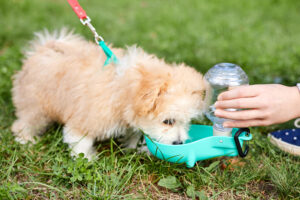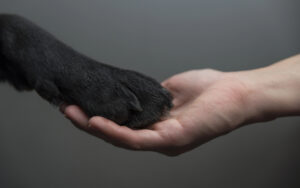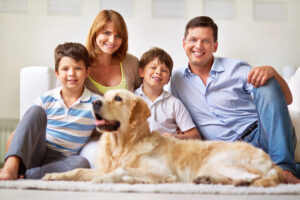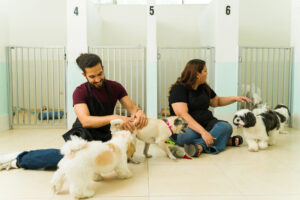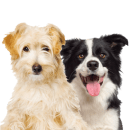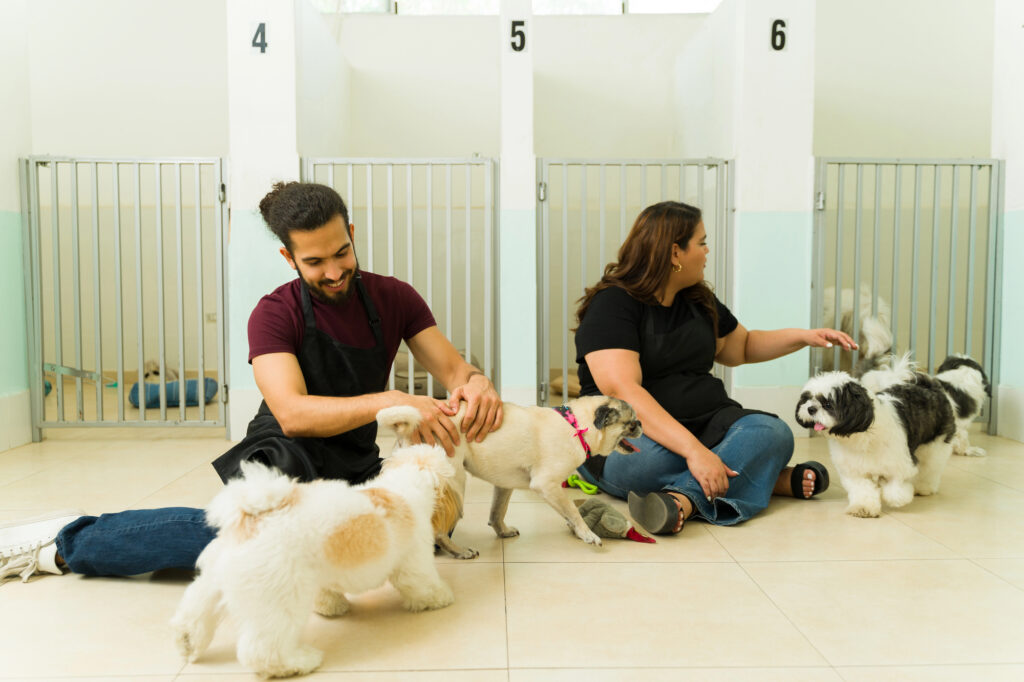
7 Benefits of Doggy Daycare for Busy Pet Owners
Doggy daycare can be a real lifesaver for busy pet owners who want their dogs to stay active, happy, and cared for during the day. It offers a safe place where dogs can play, socialize, and relax while their owners are tied up with work or errands.
In this article, we will talk about why more people are choosing doggy daycare and break down the biggest benefits it can bring to both you and your dog.

Boarding Clients!*Discount does not apply during holiday/peak rate periods.

Why More Busy Pet Owners Are Choosing Doggy Daycare
Life can get hectic fast. Between work meetings, errands, family time, and personal responsibilities, finding enough hours in the day to keep your dog engaged and happy can feel almost impossible.
That is where doggy daycare comes in. It gives busy owners a helping hand while giving dogs the attention and interaction they need to thrive.
Here are a few simple reasons why doggy daycare is becoming more popular among pet owners:
- It helps dogs avoid feeling lonely during long work days.
- It keeps dogs active, which supports better health and behavior.
- It gives owners peace of mind knowing their pets are safe and cared for.
- It offers flexible options for last-minute changes, emergencies, or travel plans.
Now that you know why more people are turning to daycare, let us walk through the biggest ways it can help you and your dog.
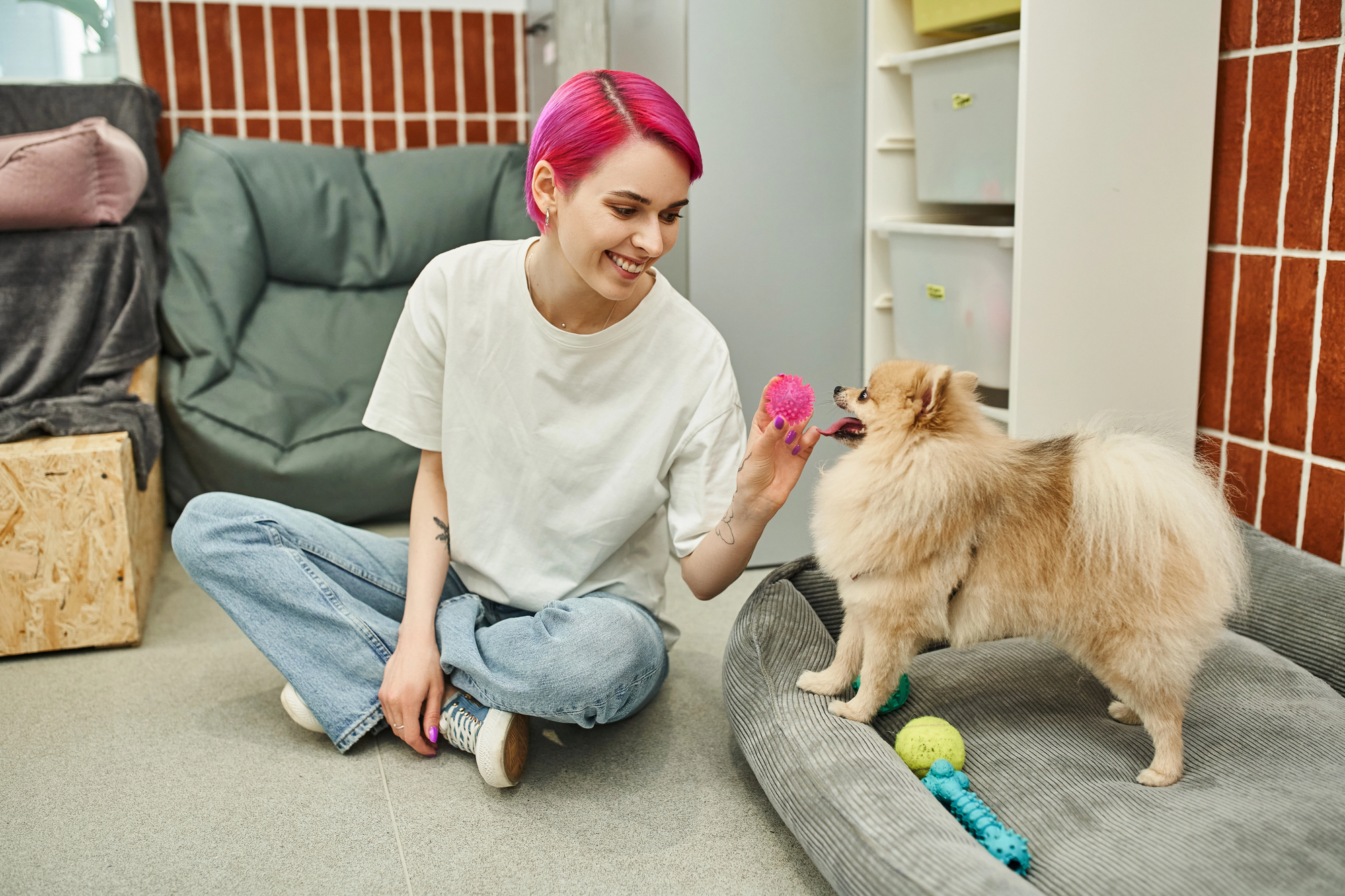
Top Benefits of Doggy Daycare
Doggy daycare is more than just a place to drop off your dog. It can truly make daily life better for both you and your furry friend. Here are some of the biggest benefits you will notice.
1. Built-In Social Time for Your Dog
Dogs are social animals at heart. They love being around other dogs, meeting new people, and having a chance to play in a group. Doggy daycare gives them a safe place to do just that.
Instead of waiting alone at home, your dog gets to:
- Play with a variety of dogs, learning good social skills
- Build confidence around different breeds and sizes
- Develop better behavior through regular group interaction
A well-socialized dog is often a happier, friendlier dog both at daycare and at home.
2. Regular Exercise and Play
Busy schedules sometimes make it hard to fit in long walks or extra playtime. At daycare, your dog gets plenty of chances to run, jump, fetch, and just be a dog.
Regular exercise helps with:
- Keeping your dog at a healthy weight
- Supporting joint, muscle, and heart health
- Burning off excess energy that could otherwise turn into chewing or digging at home
Plus, after a full day of activities, most dogs come home ready to snuggle and relax.
3. Mental Stimulation Throughout the Day
Dogs need mental exercise just as much as physical activity. Doggy daycare often includes brain games, interactive toys, and sometimes even light training sessions.
Simple activities like sniffing out hidden treats or learning new commands keep their minds sharp. A mentally stimulated dog tends to be calmer, more focused, and less likely to pick up bad habits from boredom.
4. Relief from Separation Anxiety
If your dog whines, barks, or acts out when left alone, they are probably feeling lonely or anxious. Doggy daycare can ease these feelings by giving your dog something to look forward to.
Instead of waiting by the door, they spend the day playing, exploring, and getting attention. Being in a safe and busy environment helps many dogs stay relaxed, and it can make a big difference for your own peace of mind too.
5. Professional Care and Supervision
Leaving your dog with trained, caring staff makes a huge difference. At doggy daycare, professionals watch over the dogs, step in if play gets too rough, and keep an eye out for any signs of trouble.
You can trust that your dog is:
- Always supervised during playtime
- Protected by safety measures like secure fences and controlled group sizes
- Handled gently and thoughtfully by people who truly understand dog behavior
It feels good knowing someone responsible is looking after your best friend.
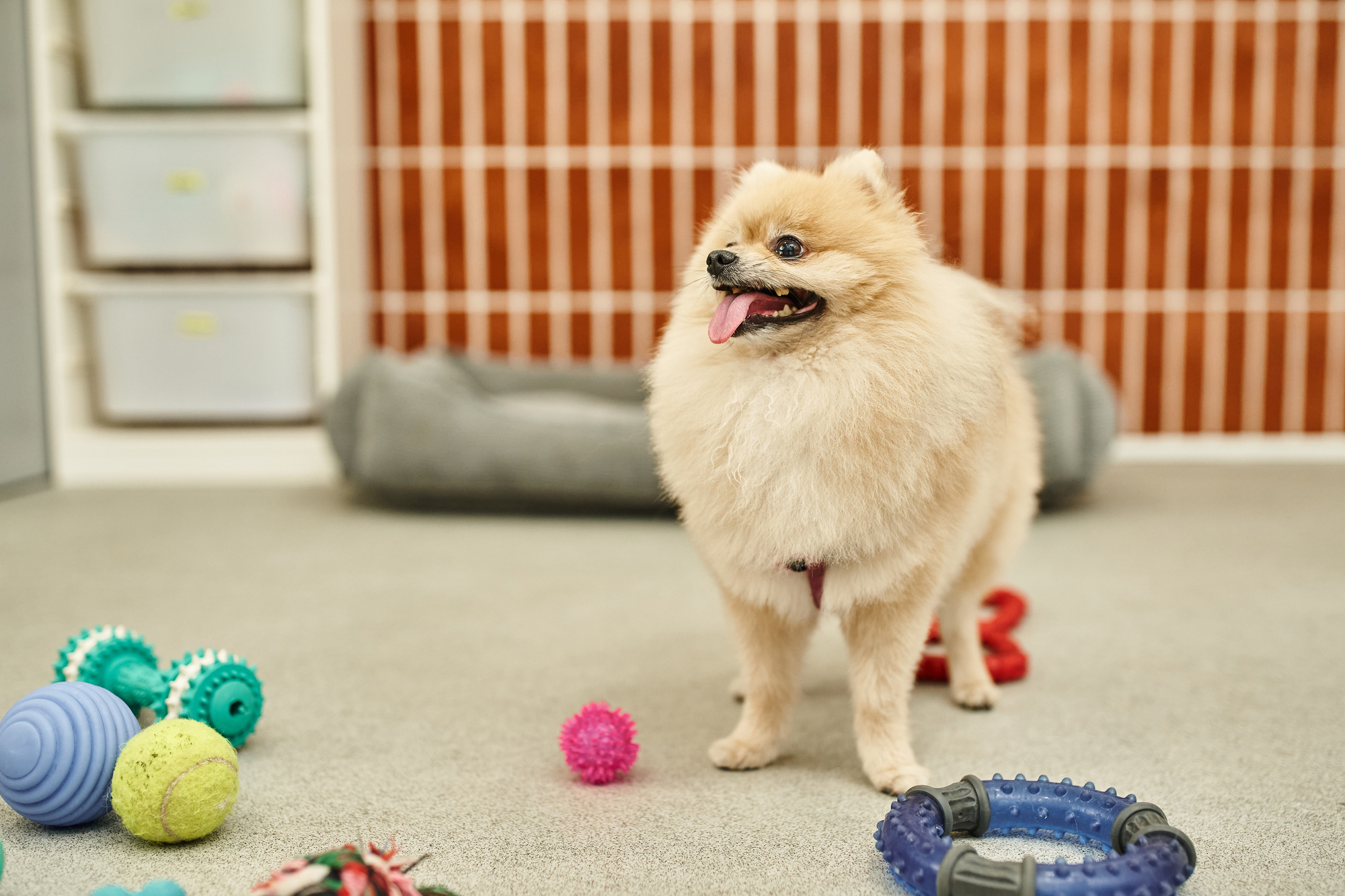
6. Helps Build Better Manners
Good habits are built through repetition. At daycare, your dog naturally practices polite behaviors like sharing toys, waiting their turn, and greeting other dogs calmly.
Some facilities even weave in light training during the day. Over time, this extra practice can lead to:
- Fewer jumping or barking habits
- More responsive listening skills
- Better adjustment to new situations
It is a great way to reinforce what you teach at home without making it feel like a chore.
7. Gives You Peace of Mind
When you have a full plate, knowing your dog is safe, happy, and cared for lifts a big weight off your shoulders. You are free to focus on work, errands, or even a quick coffee break without feeling guilty.
Meanwhile, your dog is spending the day playing, making friends, and being surrounded by people who care. You both win.
At the end of the day, you get to pick up a tired, satisfied pup ready to relax at home by your side.
How Doggy Daycare Fits into a Busy Life
When life moves fast, it is easy to feel stretched thin. Between early meetings, errands, and family time, finding enough attention for your dog can feel tough. That is where doggy daycare fits naturally into your day.
Here is what a typical daycare day looks like:
- Morning: Drop your dog off on the way to work. They are greeted with wagging tails and familiar faces, ready for a fun day ahead.
- During the Day: While you handle meetings and to-do lists, your dog stays busy with playtime, exercise, and lots of social interaction.
- Evening: Pick up a happy, tired pup who is ready to relax at home, not cause mischief from boredom.
Doggy daycare adds structure to your dog’s day and takes a lot of worry off yours. Whether you need it daily or just a few times a week, it brings flexibility and peace of mind without adding more to your plate.
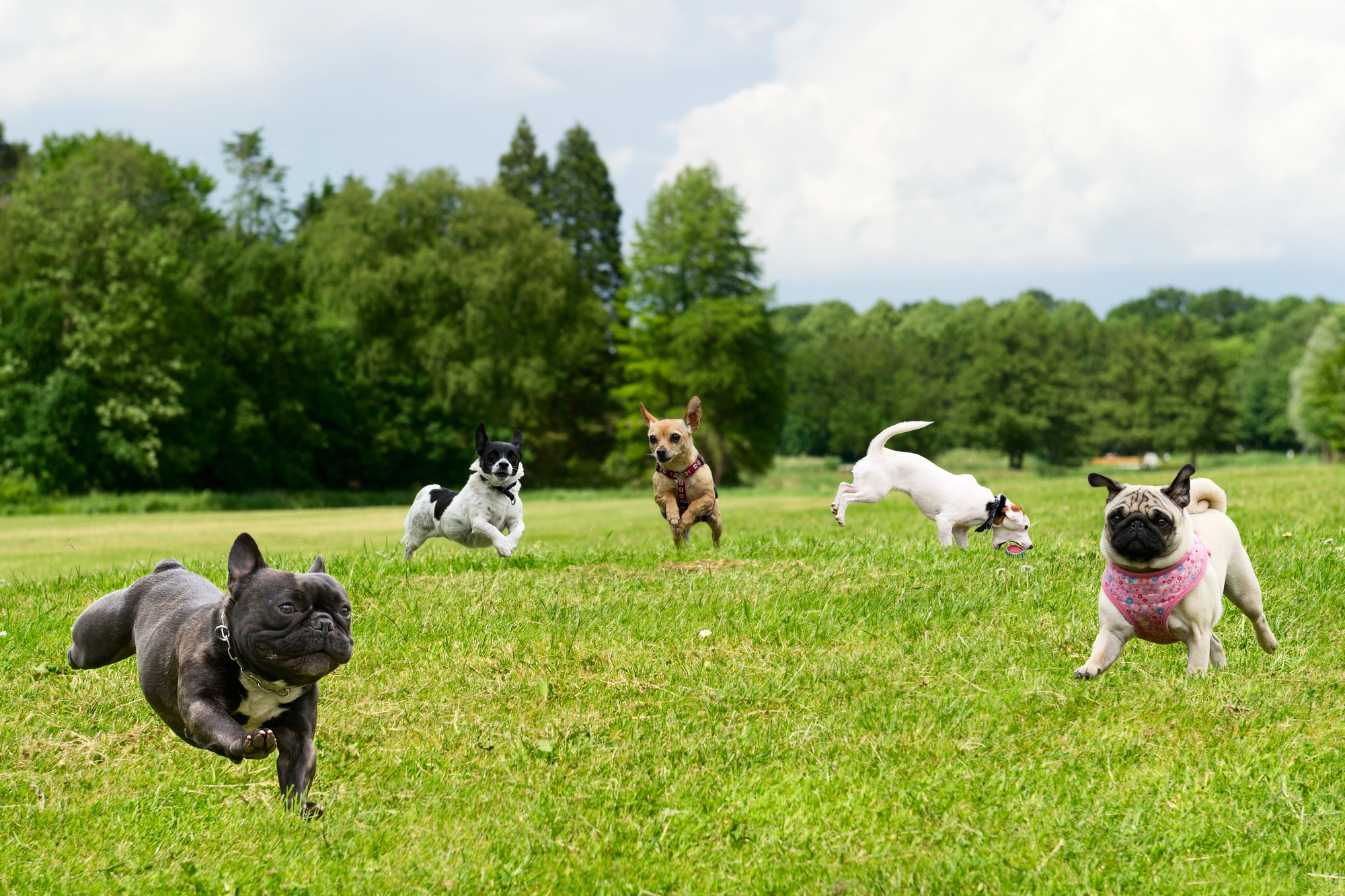
Common Myths About Doggy Daycare (And the Truth)
Not every concern about doggy daycare holds up. Many worries come from misunderstandings. Here are a few common myths and what is actually true.
Doggy Daycare Is Only for Young, Playful Dogs
Some believe daycare is just for puppies or high-energy dogs. In reality, older and calmer dogs also enjoy the company, light play, and extra attention. Good daycares group dogs by size, age, and temperament, making it a welcoming place for every kind of pup.
Doggy Daycare Is Too Expensive
Daycare might seem costly at first, but when you weigh it against the damage a bored dog can cause at home, it often makes more sense. Many places also offer different plans to fit your budget, making it an easier choice for peace of mind.
Shy or Anxious Dogs Will Hate It
It is easy to think nervous dogs would struggle, but most just need a little time. With slow introductions and patient staff, even shy dogs usually warm up and begin to enjoy the social routine.
Tips for Choosing the Right Doggy Daycare
Not all doggy daycares are the same, and finding the right one can make a big difference for your dog’s happiness and safety. Here are a few things to look for when making your choice:
- Take a tour. A good daycare will happily show you around. Look for clean spaces, safe play areas, and happy, relaxed dogs.
- Ask about staff training. The best places have trained staff who understand dog behavior and know how to handle different situations.
- Check the daily routine. A mix of playtime, rest, and mental activities is important to keep dogs balanced and not overstimulated.
- Look for proper supervision. Dogs should always be watched during group play to keep everyone safe and comfortable.
- Start with a trial day. Many daycares offer a first visit or trial to see how your dog adjusts. It is a great way to make sure it feels like a good fit.
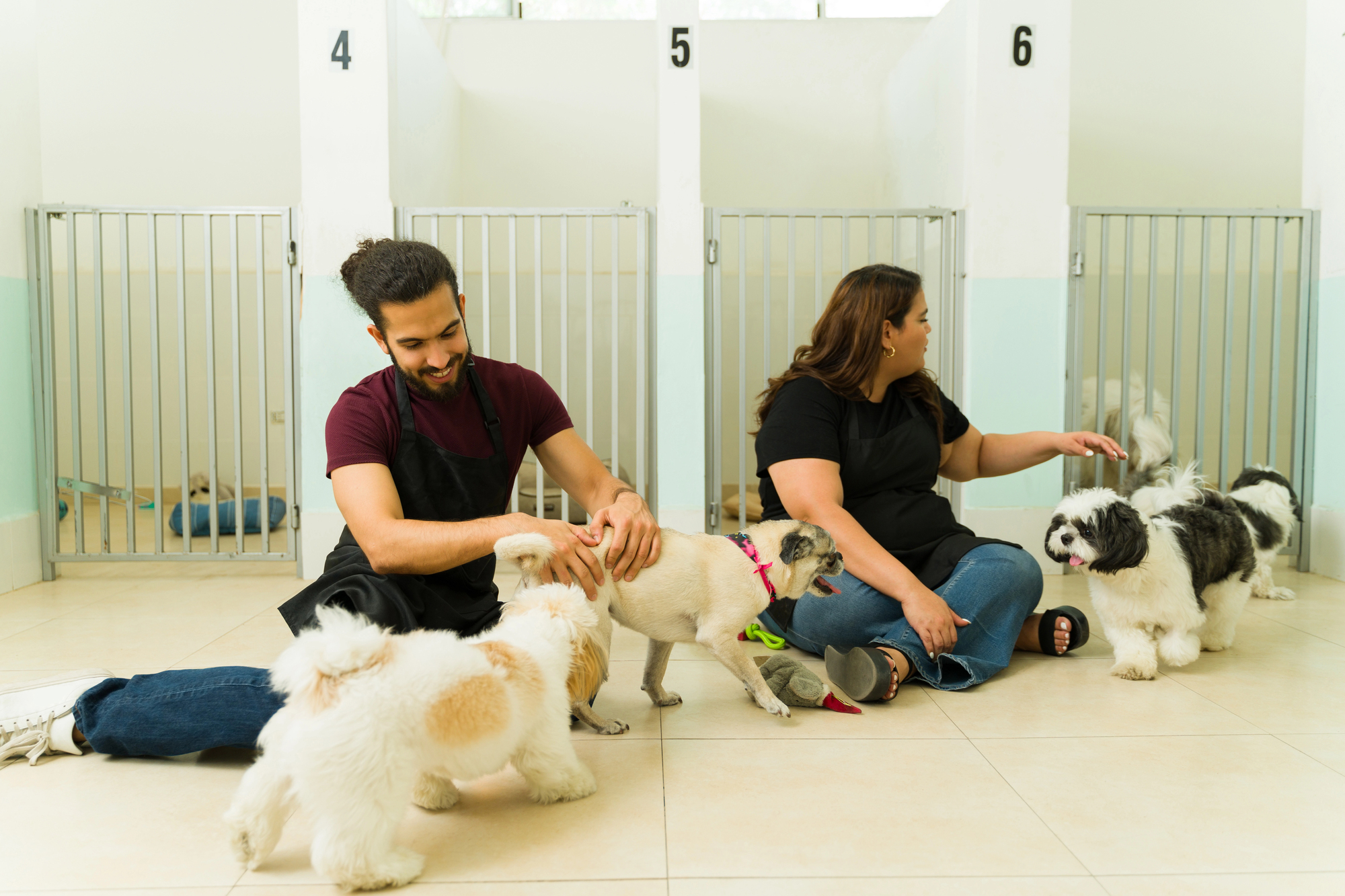
Conclusion
Bringing a puppy into a home with an older dog can be a big adjustment for everyone involved. It takes time, patience, and a bit of planning. Most older dogs need space to set their own pace, and most puppies need help learning when to back off.
Start with short, supervised meetings. Use crates and gates when you need to. Give both dogs—the new puppy and the big dog—their own quiet areas, and keep rewarding the calm, polite behavior you want to see. If you catch issues early, redirect, and always let them go at their own speed.
You don’t need perfect harmony on day one. A slow build toward respect, and maybe even friendship, is more than enough.




